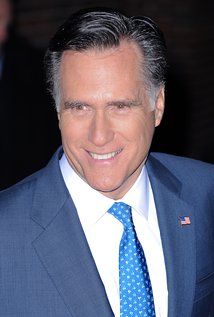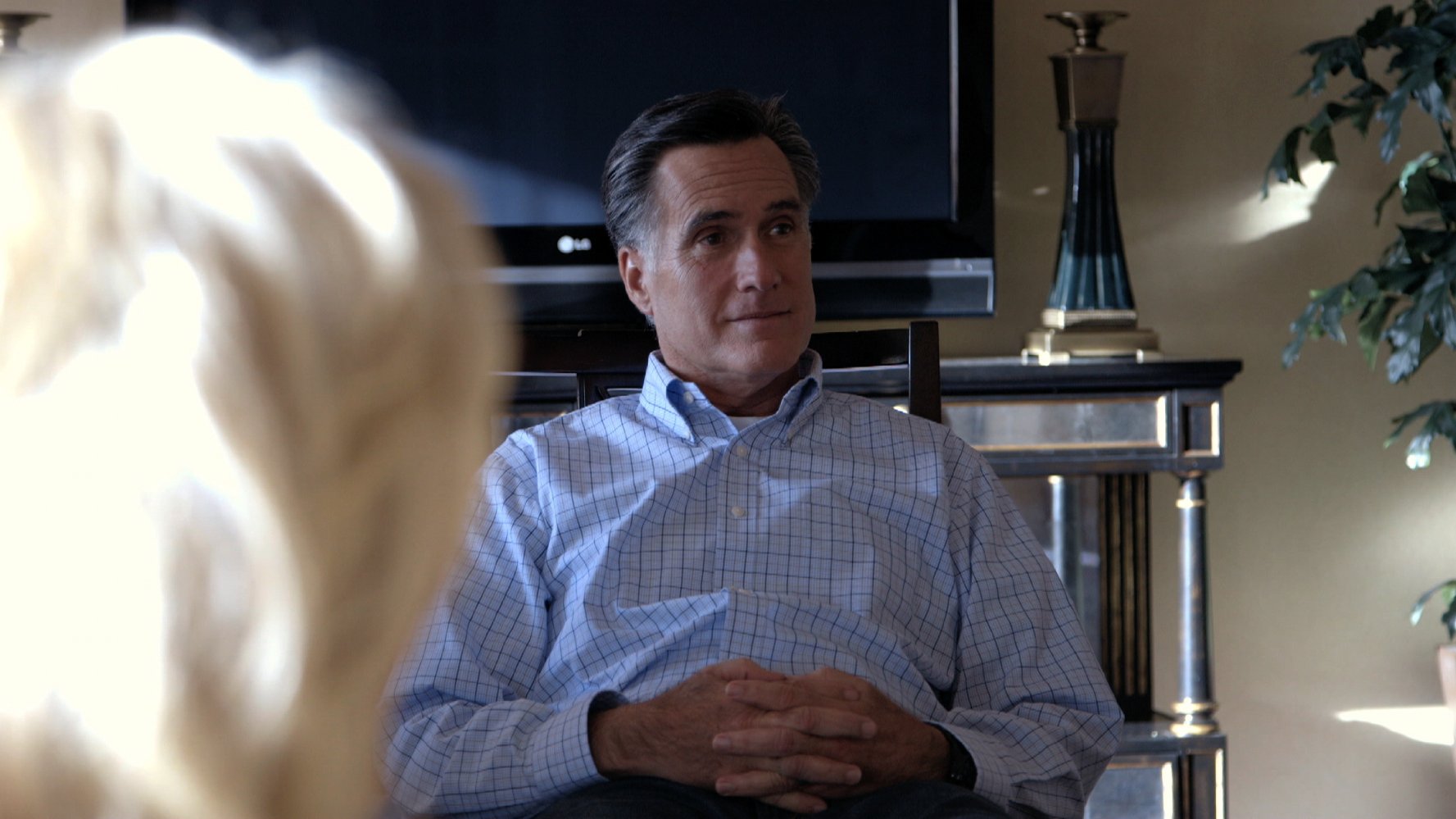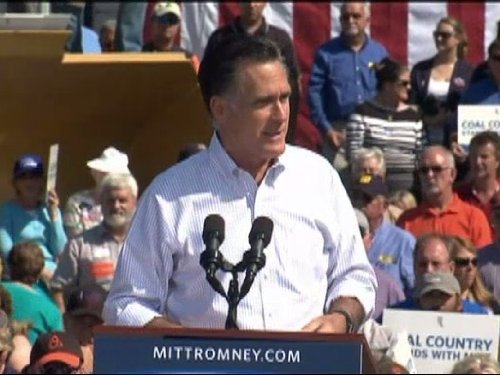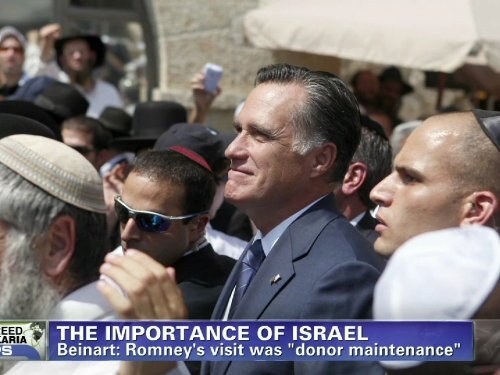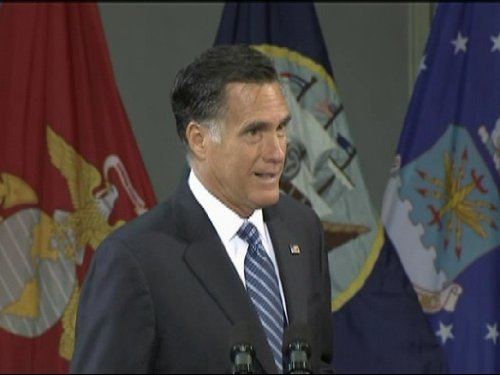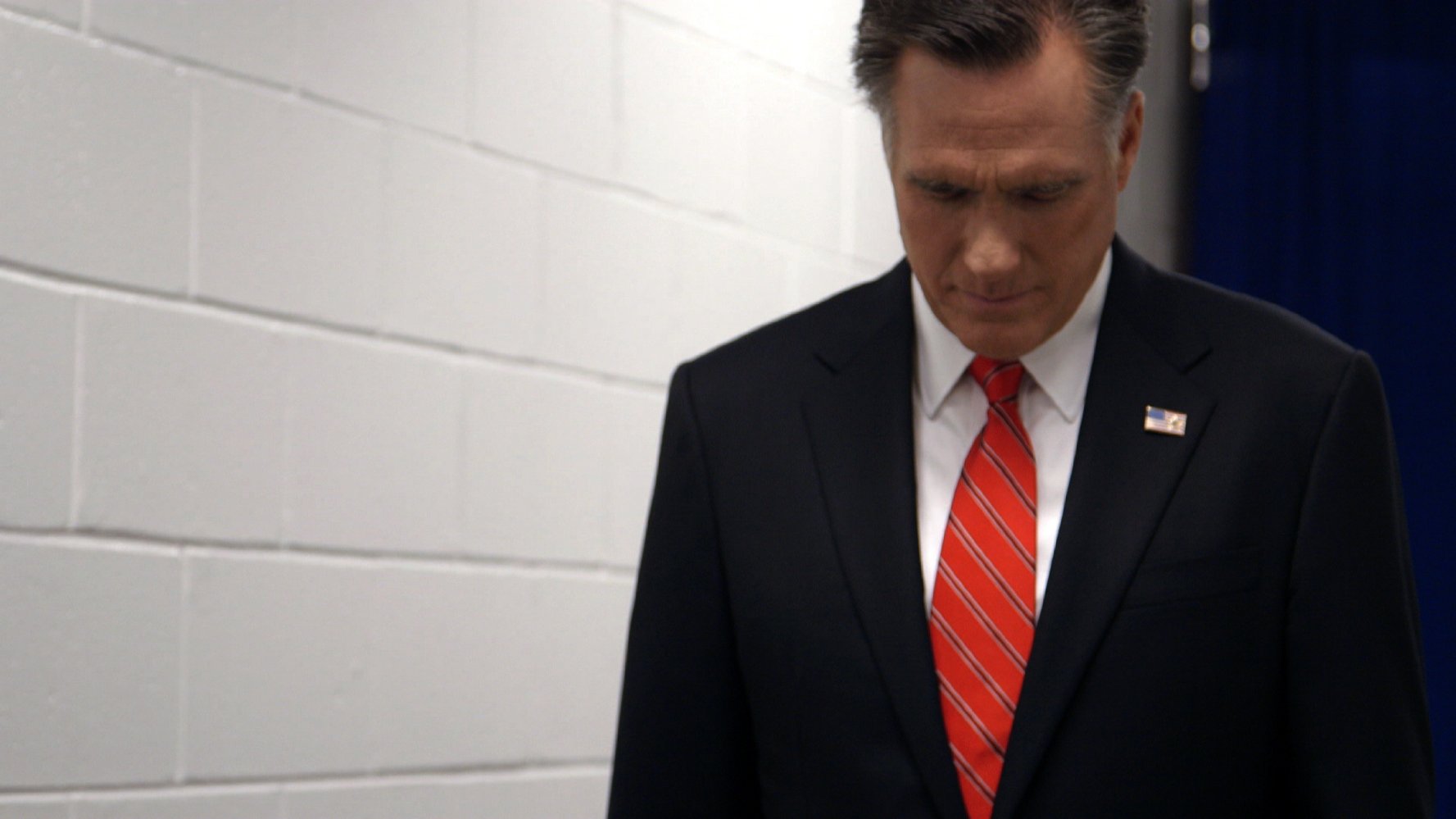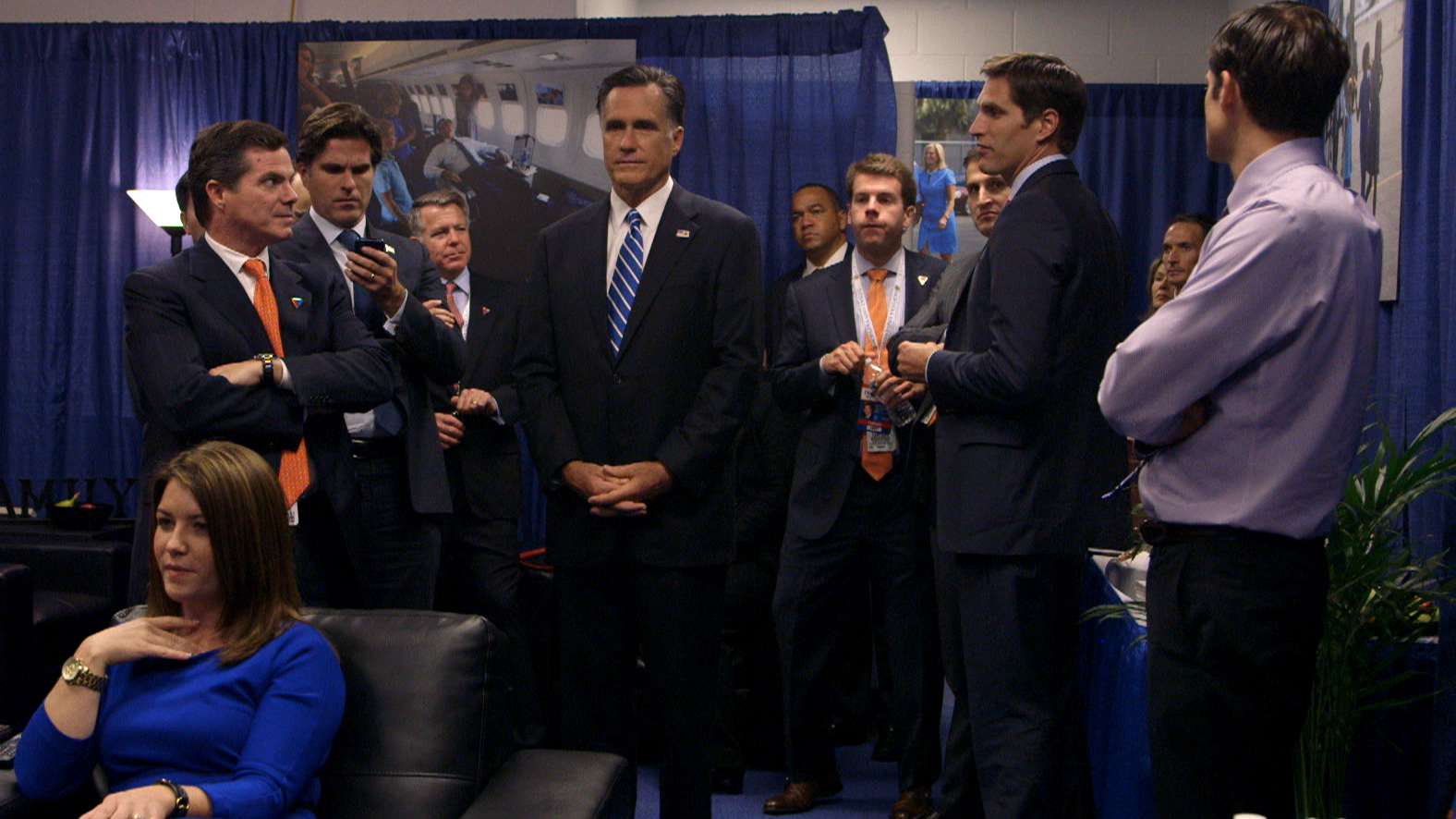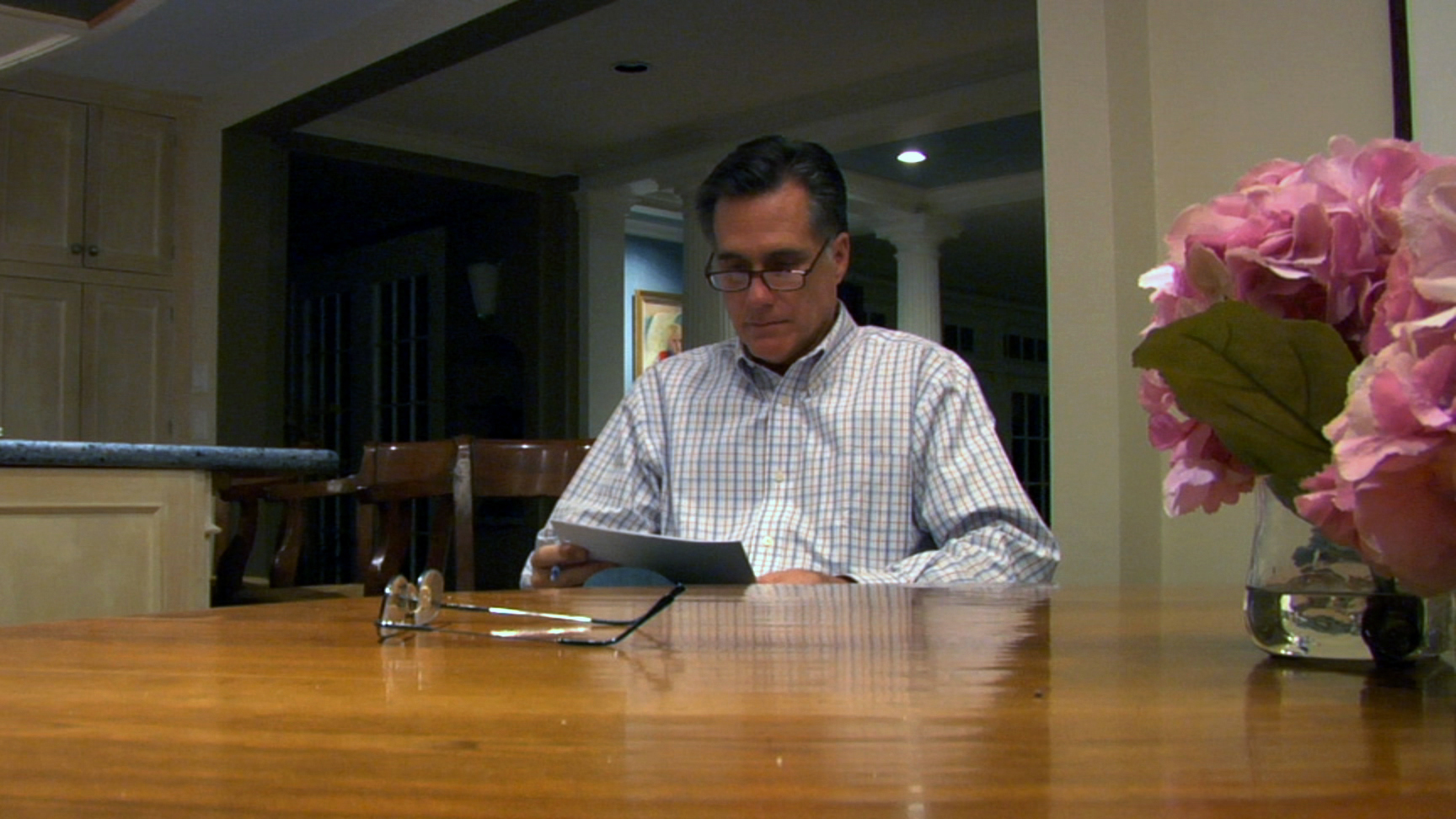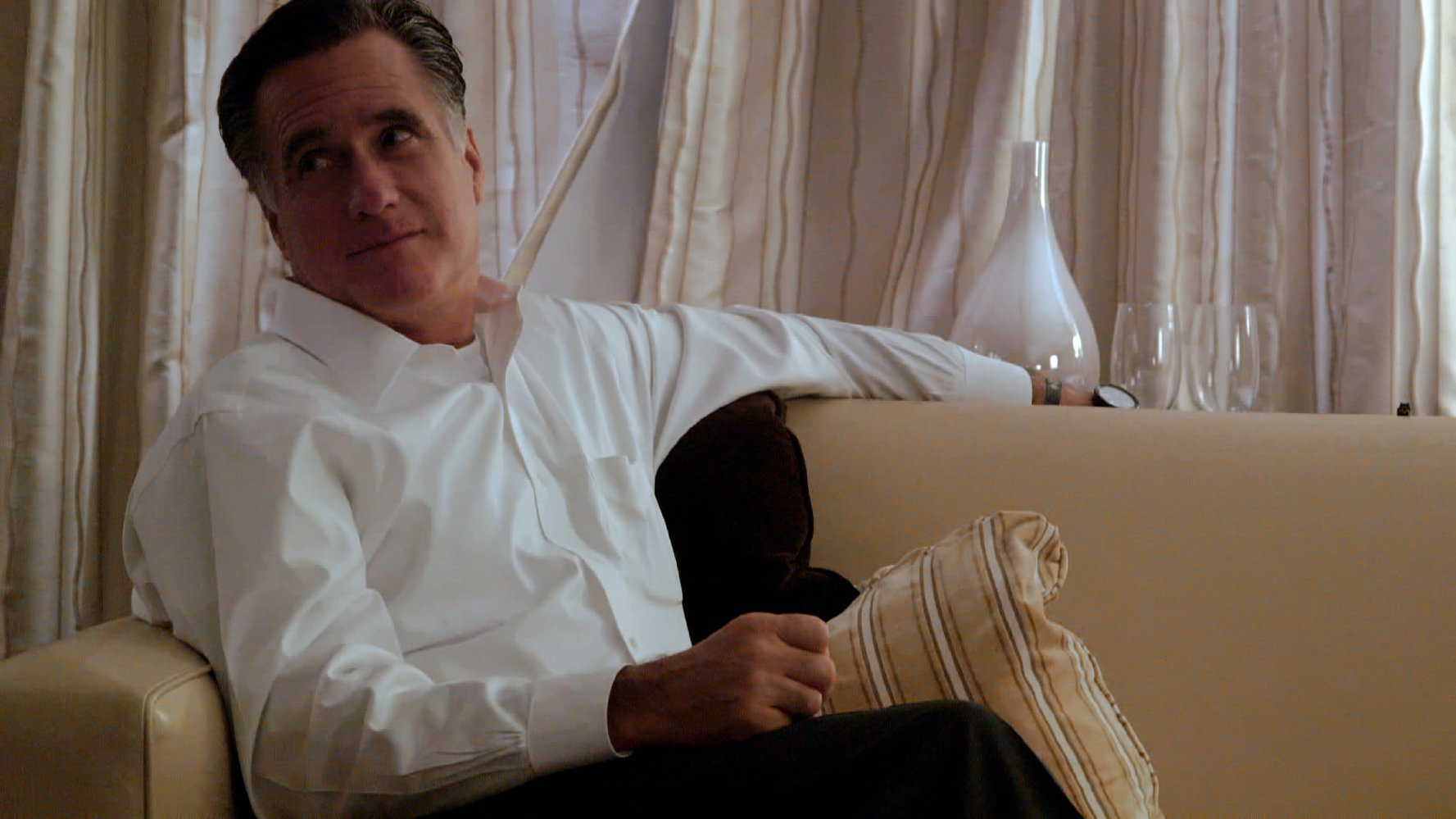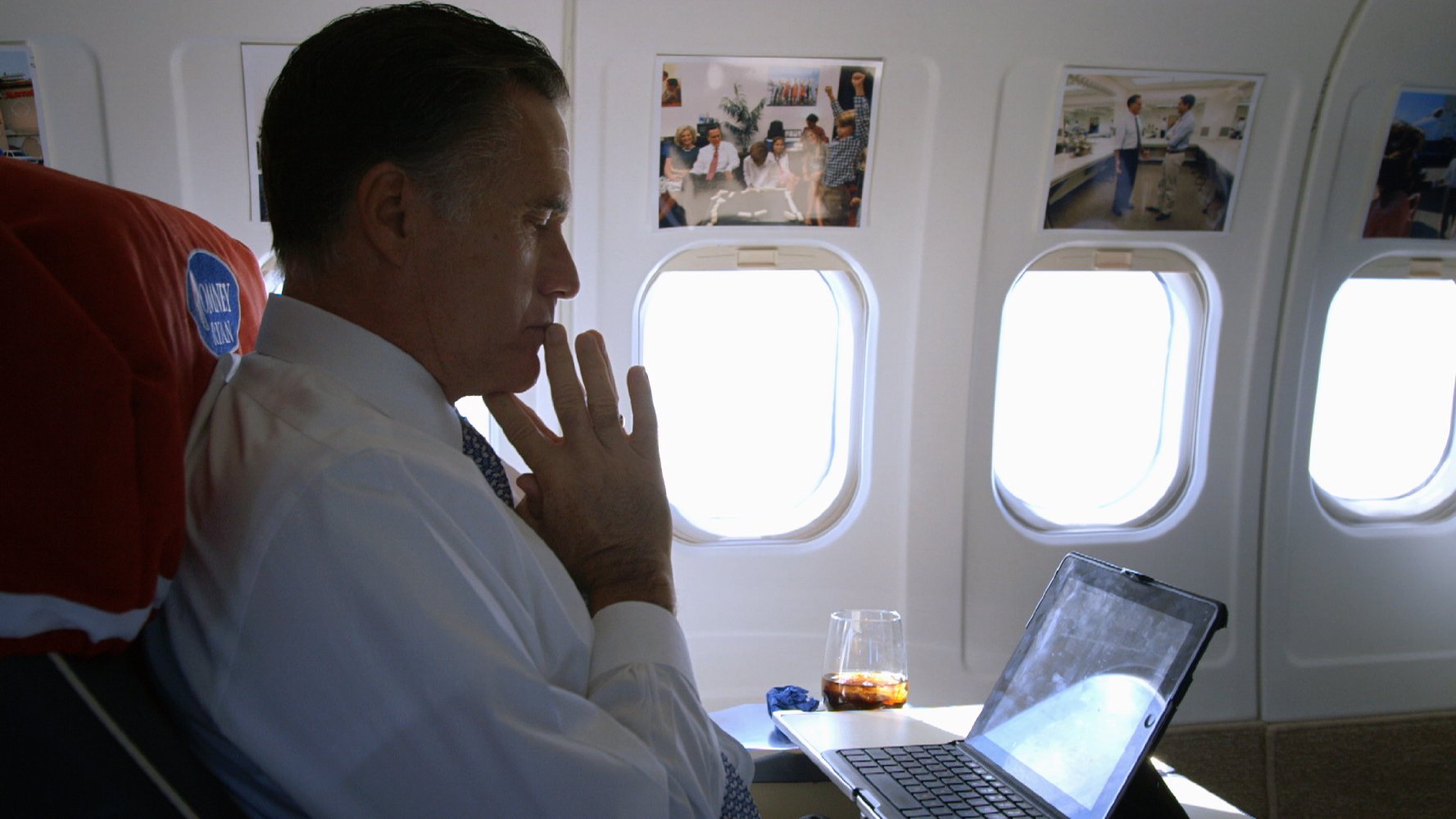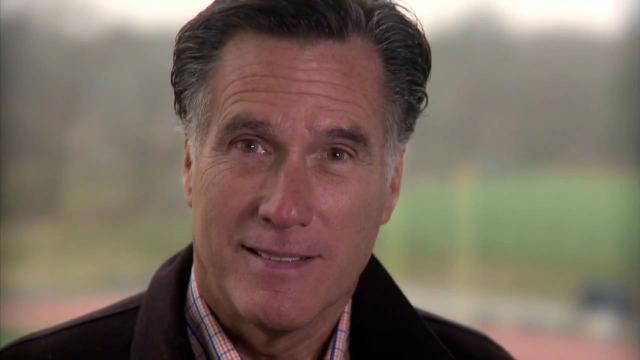Mitt Romney, the multimillionaire financier who was governor of Massachusetts from 2003 to 2007 and a Republican Presidential candidate in 2008 and 2012, was born in Detroit, Michigan on March 12, 1947 to businessman George Romney and his wife, Lenore Romney. At birth, he was named Willard Mitt after his father's best friend and hotelier, J. Willard Marriott, plus his father's cousin, Milton "Mitt" Romney, a pro football player who was the quarterback of the Chicago Bears. His mother, the former Lenore Romney (nee LaFount), was an aspiring actress who turned down a contract with Metro-Goldwyn-Mayer to marry George.George Romney eventually served as the head of the Detroit-based automaker, American Motors, and as a popular three-term governor of Michigan before launching his own aborted bid for the 1968 Republican Presidential nomination. A moderate Republican, who was a liberal on civil rights in the mold of President Dwight D. Eisenhower, George served in the first cabinet of President Richard Nixon as his Secretary of Housing and Urban Development. George also was an important figure in the Church of Jesus Christ of Latter Day Saints, as was his son, Mitt.Mitt served as a Mormon missionary in France before marrying his high school sweetheart, Ann Romney (nee Davies), in 1969. Mitt had met Ann when he was attending public elementary school and began dating her in his senior year, when he was attending the prep school Cranbrook, where he was the lone Mormon. (Anne, who was not a Mormon, was attending Cranbrook's sister school, Kingswood). His father oversaw Anne's conversion while he was away in France. The couple eventually would have five sons.After graduating from Brigham Young University, he earned a joint J.D. (law) degree and M.B.A. at Harvard University. Remaining in the Boston area, he became a management consultant, eventually winding up at Bain & Co., where he became the C.E.O. He created the spin-off private equity investment company, Bain Capital, which made him a multimillionaire with a fortune conservatively estimated at $250 million.A political independent, he registered as a Republican and won the GOP 1994 nomination for the U.S. Senate in the 1994, taking on the very popular incumbent, Ted Kennedy, who was not only the scion of Massachusetts' greatest political family but a political powerhouse in his own right. Though Romney lost the election 41% to Kennedy's 58%, it was the smallest margin of victory Teddy had experienced since first being elected to the Senate in 1962 when his brother John F. Kennedy was in the White House. (In his previous election, 1988, Teddy had won over the Republican nominee 65% to 34% and, in the next election, 2000, he trounced the Republican nominee 73% to 13%). In 2002, Romney took a sabbatical from business to manage the scandal-plagued Salt Lake Organizing Committee that was responsible for putting on the 2002 Winter Olympics. With a steady hand, he eliminated the problems that threatened the Olympics. The 2002 Olympics turned out to be a success.That same year, he won the Republican gubernatorial nomination for the state of Massachusetts. He ran, unopposed, to win the Republican nomination; then beat the Democrat, State Treasurer Shannon O'Brien, 50% to 45% in the general election.As Governor of Massachusetts, his signature accomplishments were eliminating a budget deficit, projected at $3 billion, by hiking fees and implementing spending cuts, and signing a law mandating universal health insurance. Though not as liberal as previous Republican Governor William Weld, he was considered a moderate.With his poll numbers lagging at the end of his first term, indicating that he'd have a tough time winning re-election, Mitt demurred from seeking a second term. He already had his eye on the Presidency.Romney had made many trips to neighboring New Hampshire, the site of the nation's first presidential primary, while still Governor, and continued to do so in the year after he left office in January 2007. However, U.S. Senator John McCain, a Granite State favorite (who had won the New Hampshire primary in 2000), bested Romney in the primary held on January 8, 2008.At the end of January 2008, Romney spent $90 million, $35 million of which was his own money, for the 2008 U.S. Republican presidential nomination. Though he did eventually win several primaries and caucuses, he failed to win in Florida and dropped out of the race on February 7, 2008, two days after his disappointing showing on "Super Tuesday". He endorsed McCain a week later.Romney was questioned by federal courts on topics of campaign monies. Freed of constraints on campaign cash by the Supreme Court decision, Citizens United vs. F.E.C., Romney and his allies have spent much more than $90 million in the 2012 election cycle. Some opponents to Romney feel that in the Florida primary, alone, he won because of the money spent on advertising the campaign. Romney and his allies spent $15.4 million on TV and radio ads, which was $3.4 million more than John McCain spent on ads during the entire primary cycle of his 2008 campaign. In 2012, much had changed from 2008, though. Computers and social media now play a huge role in getting messages to every person in America who vote. This required spending much more money than in the past. He won the Republican nomination against opponents (in alphabetical order) Michele Bachmann, Herman Cain, Newt Gingrich, Jon Huntsman, Gary Johnson, Thaddeus McCotter, Ron Paul, Tim Pawlenty, Rick Perry and Rick Santorum.
Show less «

